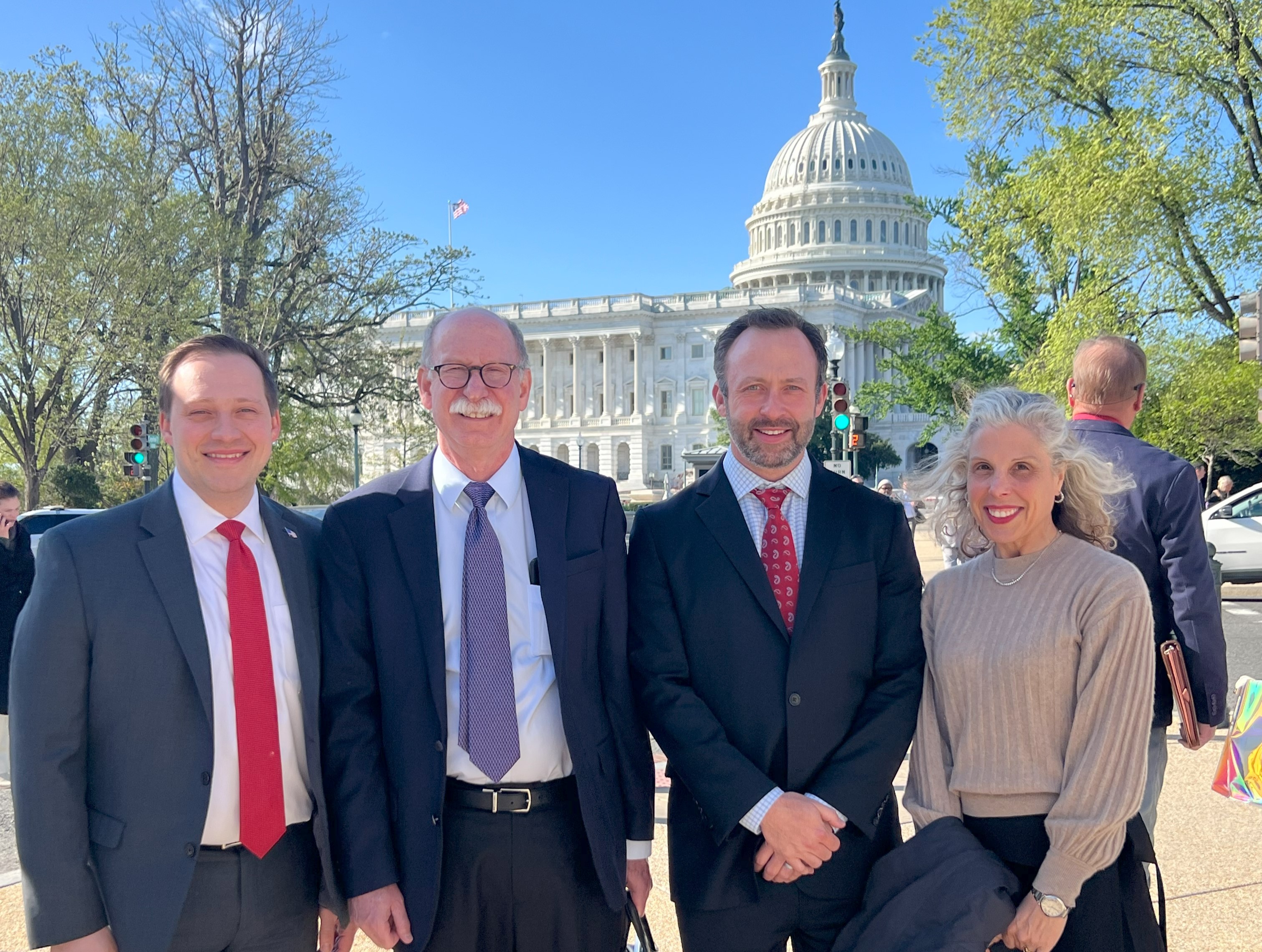LUGPA Policy Brief: Prescription Drug Distribution and Drug CostsAugust 10, 2023 PBMs serve as intermediaries between insurers and pharmacies, aiming to reduce administrative costs for insurers. They assist in determining patient eligibility, administering plan benefits, and negotiating prices between pharmacies and health plans. However, PBMs are not directly involved in the physical distribution of prescription drugs; their role is limited to negotiations and payments. One method PBMs and insurers employ to control drug distribution is mandating a specific drug delivery mode from the pharmacy to providers or patients. Two primary methods are commonly used: the traditional buy-and-bill practice and a newer model known as "white bagging." There are two primary methods employed by PBMs and insurers to control drug distribution: the traditional "buy-and-bill" practice and the newer "white bagging" model.
Payors and PBMs favor white bagging due to its potential cost savings, which they claim are passed on to patients. However, white bagging introduces several issues for providers and patients. The system creates delays through administrative bottlenecks, shipping issues, and risks of theft or damage to medications during transportation. These delays can negatively impact patient care if the medication is not readily available at the provider's office. Furthermore, white bagging restricts providers' ability to do business with different pharmacies for new and existing medications. Critics also argue that patient medications are often mishandled under the white bagging system, and patients are often directed toward PBM pharmacies that do not always offer the lowest cost. While white bagging can generate some savings for expensive medications like infusion drugs, in many cases, patients pay higher cost sharing when white bagging is used. According to a report from the Massachusetts Health Policy Commission, while some patients only saw increases, white bagging could lead to significantly higher cost sharing for other patients, such as those on Medicare. While limited federal legislation has been proposed to regulate white bagging, several states have considered laws in the past three years to restrict or eliminate this practice. Most of the proposed laws aim to prohibit payers and PBMs from mandating the use of specific pharmacies for provider-administered drugs as a condition for reimbursement or patient coverage. As of 2023, Arkansas, Louisiana, and Virginia have enacted such laws, and 18 states have proposed similar legislation during the 2023 session, according to the National Conference of State Legislatures. LUGPA believes that maintaining provider flexibility and autonomy promotes better care coordination and improves patient outcomes. Imposing restrictions on needed medications by requiring white bagging, PBMs, and payors overly complicates medicine dispensing and hinders access to care and patient outcomes. LUGPA will continue to monitor this issue and respond to new legislation as it arises.
|




